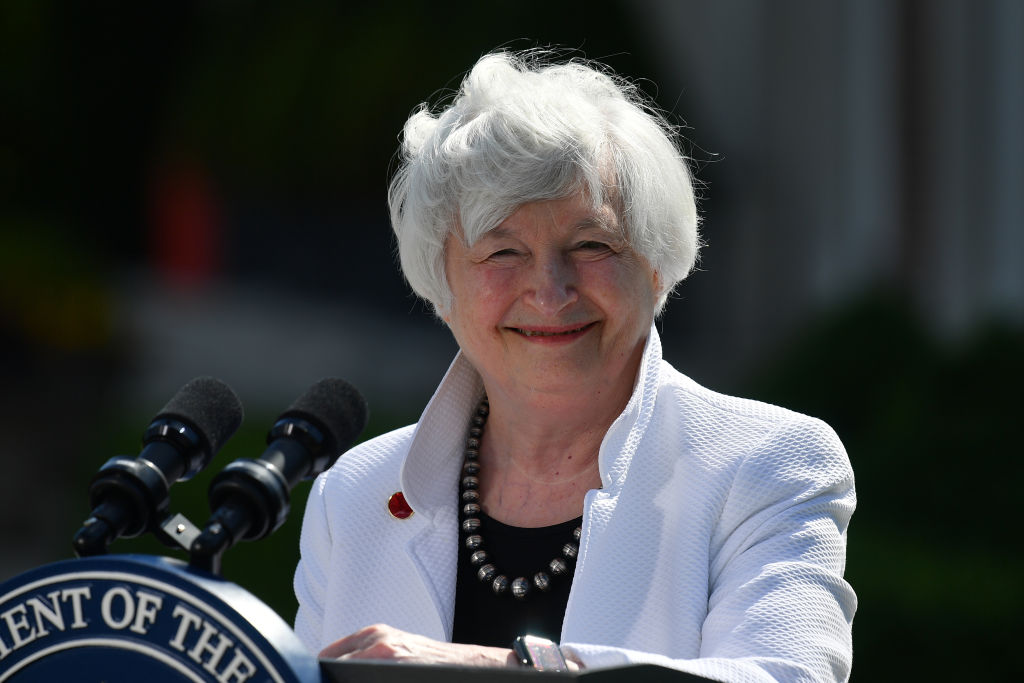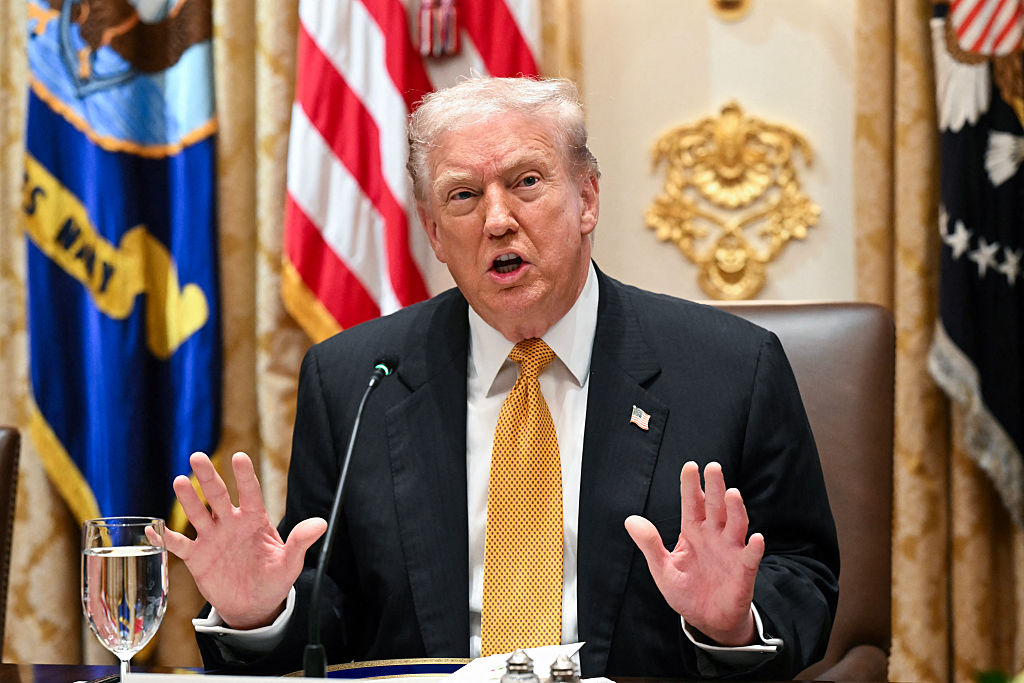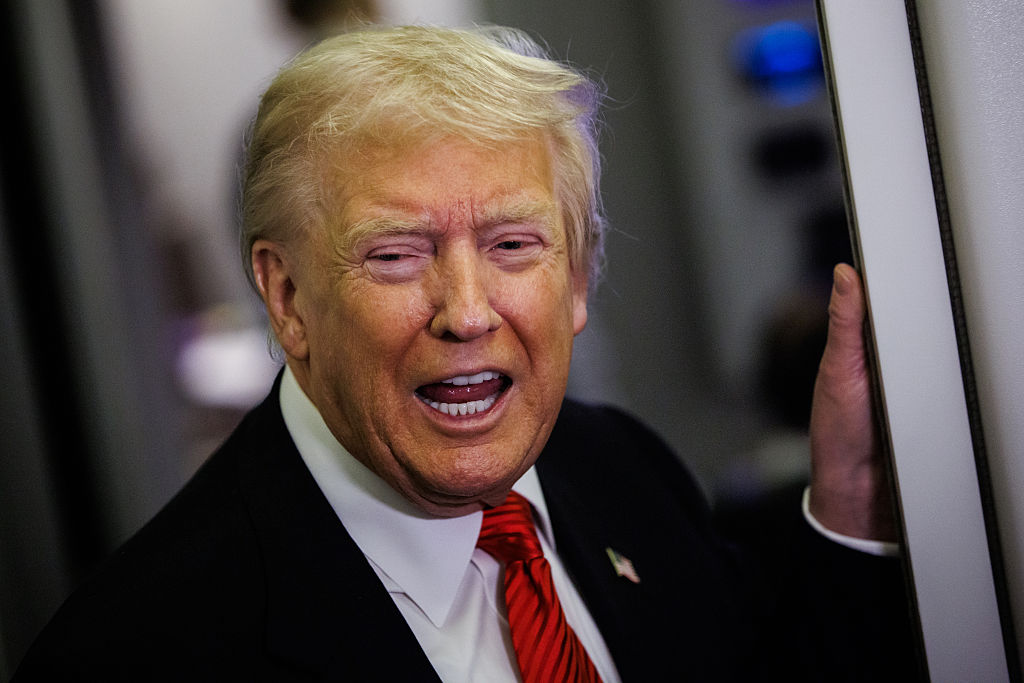What are the chances of the G7’s agreement on a minimum rate of corporation tax actually coming into effect? While it was presented as a done deal last weekend, things are not going too well. Firstly, the G20 will have to agree — which is far from guaranteed given that smaller countries have less to gain from the proposal than the US. It is a tax designed to help countries with a large number of multinational companies who currently operate through subsidiaries in countries with lower corporation tax rates. While no G20 country currently has a rate below the agreed 15 percent, (and the biggest loser, Ireland, with its 12.5 percent corporation tax rate, is not in the G20), several countries might feel threatened — such as Saudi Arabia (20 percent) and Indonesia (22 percent).
It doesn’t help that one of the Big Tech companies whose revenues the tax was designed to capture, Amazon, appears to be exempt from some of the provisions. The idea is that 20 percent of any profits made by companies — in excess of a profit margin of 10 percent — would be distributed among countries where the company does business. Yet Amazon currently has a profit margin of less than 7 percent and so would not be affected. Surely other multinationals will be able to find some way of re-engineering their profit margins so that they, too, can avoid the tax. Compared with the digital services taxes that it is supposed to replace, a minimum corporation tax looks like a slithery beast.
Its ability to capture revenue is a horse-trading compromise that is only just beginning. The UK chancellor, Rishi Sunak, is reported to be lobbying for financial services to be excluded — which for many people will undermine the whole purpose of the tax. Surely it is banks and other financial services institutions that make up the bulk of business for the world’s tax havens? What would be the point of a global minimum corporation tax if it let funds in the Cayman Islands off the hook? No doubt other countries will already be looking to see how some of their biggest companies can be exempted in some way.
Yet the largest obstacle will likely come from the US itself, where Biden’s proposals have to gain a two-thirds majority in the Senate. That will require a significant number of Republicans to support them, but there is little sign at present that they are warming to the idea. Speaking for many, Sen. Mike Lee from Utah, described the proposals as a tax ‘cartel’ that would prevent independent nations legitimately setting competitive tax rates. Others doubt that countries will abolish their digital services taxes — which is supposed to be a quid pro quo for the minimum corporation tax — and so US companies could find themselves facing two taxes rather than one.
The minimum corporation tax was supposed to mark America’s return to multilateralist agreements after four years of an isolationist Donald Trump. It is far from guaranteed that Joe Biden will be able to call this a success.
This article was originally published on The Spectator’s UK website.

























